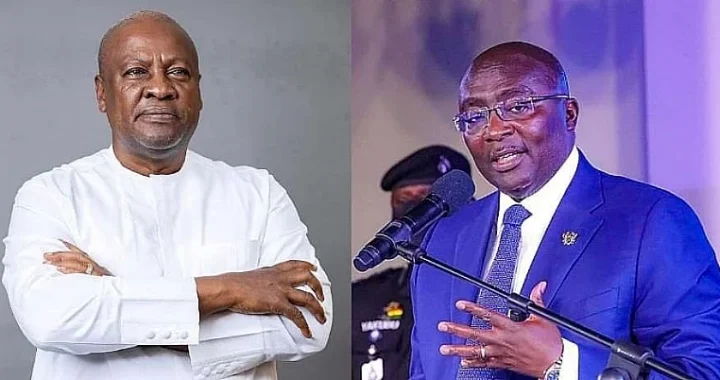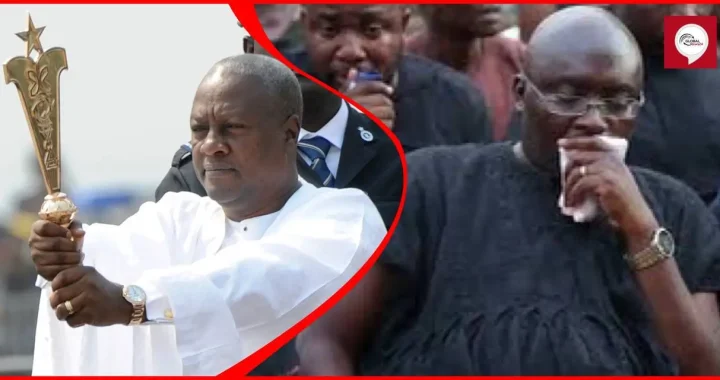Gridlock in Nigeria amid fuel Shortages and Price Hikes

Nigeria is facing a severe crisis due to ongoing fuel shortages and price hikes implemented by the state-owned oil company.
The Nigerian National Petroleum Corporation (NNPC), responsible for importing and distributing fuel to private sellers, cited its debts and the rise in global prices as reasons for its struggles in securing fuel supplies.
As a result, many individuals are left stranded, facing long queues at petrol stations across the country. In Lagos, commuters have been waiting at bus stations, but the number of buses in operation is extremely limited.
Some people shared with the BBC that they have had to walk long distances since public transport fares have doubled on certain routes.
On Tuesday, the NNPC announced an increase in petrol prices from 617 naira ($0.40, £0.30) to 897 naira per litre.
While its petrol stations offer the lowest prices in the country, most private garages charge significantly more.
Whenever the NNPC raises its prices, private sellers follow suit, and in some states, such as Oyo, Kano, and Kaduna, petrol is now being sold for as much as 1,200 naira per litre.
ALSO READ: Dangote Refinery Ranks As The Best Refinery Facility In The World
Many garages across the country have closed due to a because of Nigeria fuel Shortages, while others have shut down to adjust their prices.
In the capital, Abuja, most garages remain open, but they are experiencing long queues as anxious drivers wait for their turn—some even spend the night in their cars.
Nigeria fuel shortages at stations cause them not to ration their supply, which raises concerns that the wait may be in vain.
A motorcycle rider in Kano, the main trading hub in northern Nigeria, expressed his frustration: “Most of the fuel stations here in Kano are closed because they are adjusting their pumps to the new price.
“I managed to get fuel for 950 naira at one station, but other places have already started charging 1,200 naira per litre,” Aminu Danyaro told the BBC.
Black-market traders, who purchase fuel from petrol stations and resell it by the roadside in jerrycans at inflated prices, are thriving in Kano, where traffic has significantly decreased.
An investigation revealed that the scarcity has resulted in an astronomical increase in the pump price.
Some of the roads affected by the gridlocks are Western Reservoir/Olorunsogo Ilorin, Odota and Taiwo among others.
Motorists now buy fuel at N320 per litre at the few filling stations where the product is being sold.
As such, transport fares have increased across the board.
ALSO READ: Shocking: Four Nigerians Jailed In UK For Forging 2,000 Marriage Documents
A businessman, who identified himself as John James expressed frustration at the perennial fuel scarcity in the country.
He urged the concerned authorities to do the needful to ameliorate the suffering of ordinary citizens, more so with the general election fast approaching.
A commercial motorcyclist, Mr Abdullah Ishola said fuel stations have become bonafide black marketers as they sell between N280, N290 and N320 per litre.
He said invariably, a drop now costs between N150 and N200 regardless of the distance, even as urged the government to address all issues involved in the supply chain as the masses are experiencing untold hardship.
The Nigeria Labour Congress (NLC)—the country’s primary trade union—feels “betrayed,” stating that it accepted the new minimum monthly wage of 70,000 naira ($44, £34) in July based on an agreement with the government that petrol prices would not rise.
When President Bola Tinubu took office last year, he surprised Nigerians on his first day by eliminating a subsidy that kept fuel prices low.
This, along with other policies, has resulted in the worst economic crisis in a generation, leading to nationwide cost-of-living protests dubbed “10 days of rage” last month.
Nigerians are now hopeful about the new privately owned Dangote Petroleum Refinery, built by one of Africa’s wealthiest individuals, Aliko Dangote.
On Monday, it was announced with much excitement that the refinery has begun producing petrol—a significant development for Nigeria, which, despite being Africa’s largest crude oil producer, imports all of its refined fuel.
However, it remains uncertain how long Nigerians will have to wait for a steady supply of petrol. Currently, Nigeria is amid fuel Shortages.
 2024 Election Live Results: Former President Mahama Wins Election; Dr. Bawumia Concedes Defeat
2024 Election Live Results: Former President Mahama Wins Election; Dr. Bawumia Concedes Defeat  2024 Election Live Results: John Dumelo In Comfortable LEAD As Mahama Projected To Win
2024 Election Live Results: John Dumelo In Comfortable LEAD As Mahama Projected To Win  2024 Election Live Results: Provisional Results So Far; 5 Parliamentary Projections Declared
2024 Election Live Results: Provisional Results So Far; 5 Parliamentary Projections Declared  Election 2024: John Mahama Predicted To Win With 52.2%, Bawumia Trails With 41.4% – Full Report
Election 2024: John Mahama Predicted To Win With 52.2%, Bawumia Trails With 41.4% – Full Report  2024 Election in Ghana: Symbolic Meaning of NDC’s No. 8 on the Ballot Paper
2024 Election in Ghana: Symbolic Meaning of NDC’s No. 8 on the Ballot Paper  It is POSSIBLE NPP will lose the 2024 Election
It is POSSIBLE NPP will lose the 2024 Election  Accurate Football Predictions For Today, Saturday 8th March 2025
Accurate Football Predictions For Today, Saturday 8th March 2025  Champions League Predicted Correct Scores For Today, 5th March 2025
Champions League Predicted Correct Scores For Today, 5th March 2025